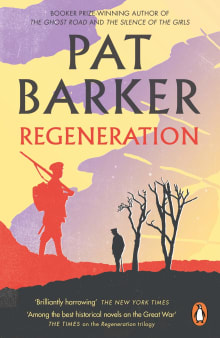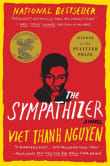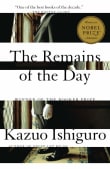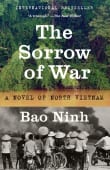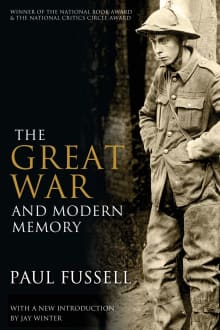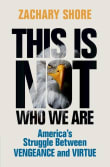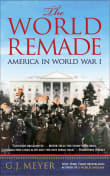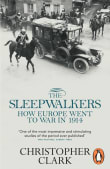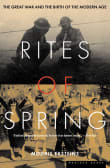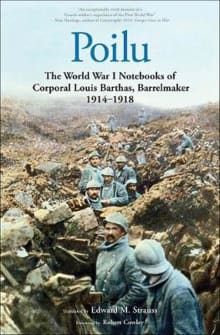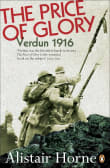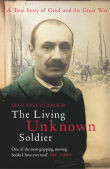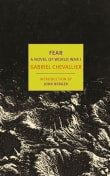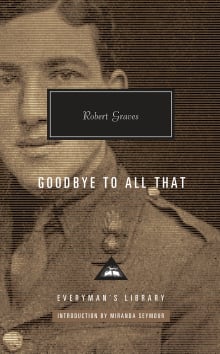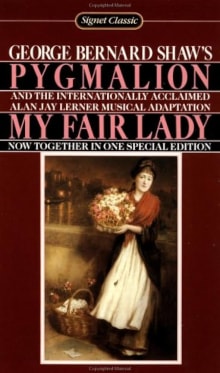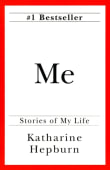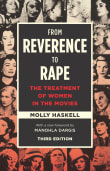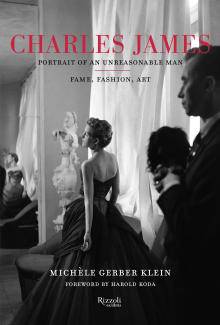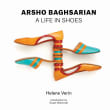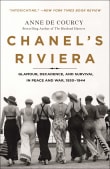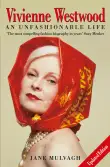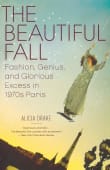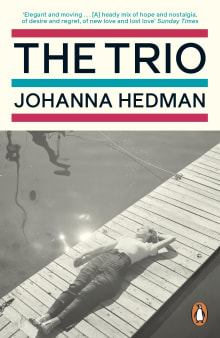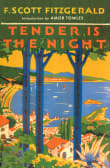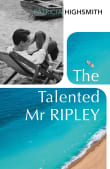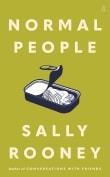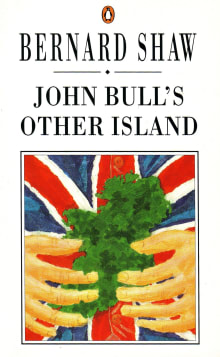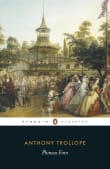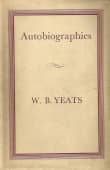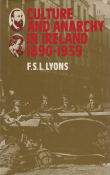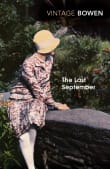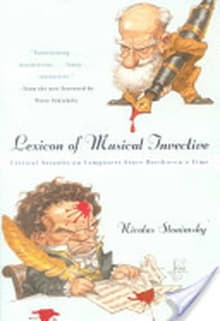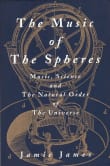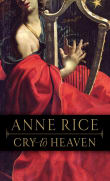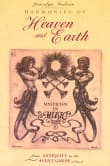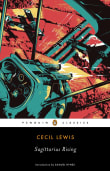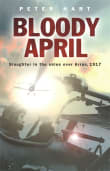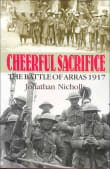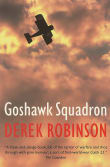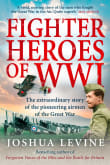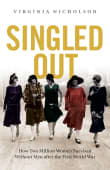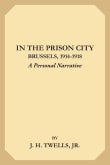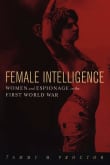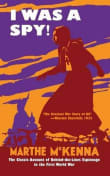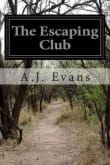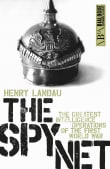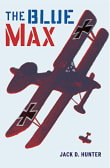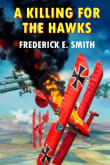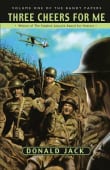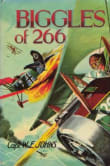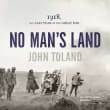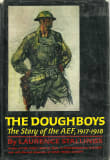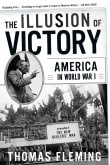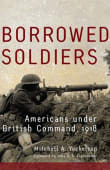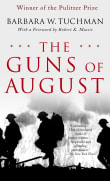
From my list on books for someone who grew up in wartime Vietnam in a family of anti-colonial activists.
Why am I passionate about this?
My interests lie in the personal experiences of war and revolution and their aftermaths. Radicalism and the Origins of the Vietnamese Revolution is a tribute to my parents' generation of young Vietnamese who sought to combine their attempts to free themselves of the shackles of oppressive tradition with the struggle to win independence from French colonial rule before the introduction of competing ideologies.
Hue-Tam's book list on books for someone who grew up in wartime Vietnam in a family of anti-colonial activists

Why did Hue-Tam love this book?
I discovered Pat Barker's Regeneration (followed by An Eye Through the Door and the River Road) after reading Wilfred Owen's war poetry. His "Anthem for a Doomed Youth" spoke to me as I thought of Vietnamese youths fighting and dying in the Cold War. Owen and his mentor, Siegfried Sassoon, describe the war not as a noble cause but as a series of horrifying experiences.
17 authors picked Regeneration as one of their favorite books, and they share why you should read it.
"Calls to mind such early moderns as Hemingway and Fitzgerald...Some of the most powerful antiwar literature in modern English fiction."-The Boston Globe
The first book of the Regeneration Trilogy-a Booker Prize nominee and one of Entertainment Weekly's 100 All-Time Greatest Novels.
In 1917 Siegfried Sasson, noted poet and decorated war hero, publicly refused to continue serving as a British officer in World War I. His reason: the war was a senseless slaughter. He was officially classified "mentally unsound" and sent to Craiglockhart War Hospital. There a brilliant psychiatrist, Dr. William Rivers, set about restoring Sassoon's "sanity" and sending him back…
